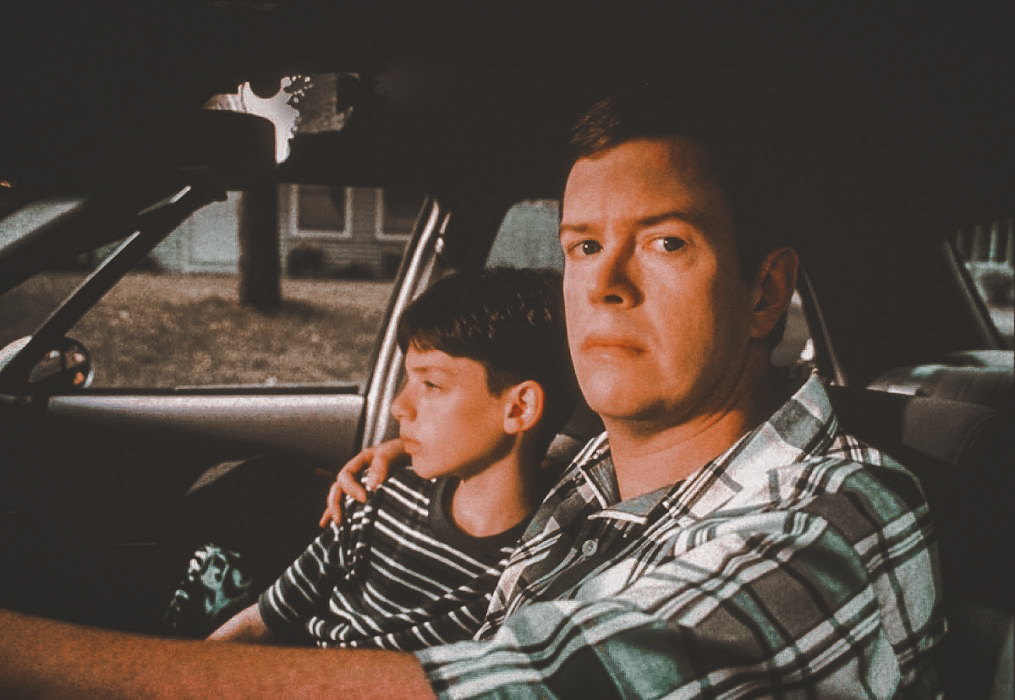"Todd Solondz's film Happiness is disgusting, vile, grotesque. Horribly like life, in fact. The bastions of moral probity at the Daily Mail will revile it when it opens here next month, just as it has been attacked in the US, but it is a bleak, quirky, excruciatingly embarrassing movie that deserves to be seen"
All the characters in Happiness are screwed up: all searching for love, sex, workable relationships, comfort, psychological stability, happiness. You will probably recognize yourself somewhere in the picture. All are doomed not to find it; instead they learn to make do. There is a lot of masturbation, but not much sex; the prototypical gleaming American housewife claims to have it all but actually has nothing. Her perfect husband, Bill, who in this dysfunctional world is of course a shrink, lusts after their son Billy's 11-year-old playmates. Bill wants to play too, and does, drugging and sodomising one of them, and making an unspecified assault on another.

"Happiness" is a film that perplexes its viewers, even those who admire it, because it challenges the ways we attempt to respond to it. Is it a portrait of desperate human sadness? Then why are we laughing? Is it an ironic comedy? Then why its tenderness with these lonely people? Is it about depravity? Yes, but why does it make us suspect, uneasily, that the depraved are only seeking what we all seek, but with a lack of ordinary moral vision? In a film that looks into the abyss of human despair, there is the horrifying suggestion that these characters may not be grotesque exceptions, but may in fact be part of the mainstream of humanity.
It is not a film for most people. It is certainly for adults only.
Welcome to the Dollhouse (1995)
After the failure in 1989 of my debut Fear, Anxiety & Depression, an ill-conceived, ill-begotten project, I left the film business for several years and taught English to Russian immigrants. I was terrified of failing again, and irretrievably so – I don’t know that I would have survived. But I didn’t want that first movie to have the last word.
I started writing Welcome to the Dollhouse around the time of that first film. I couldn’t think of any American films that dealt in any serious way with childhood. Children in American films were either cute like a little doll or evil demons. The early drafts of Dollhouse were all darker and more depressing; it took time to find the right level of bleakness. My hope was the film would succeed well enough to let me make a living doing after-school specials [educational TV films for teenagers].You have to break rules to get a movie made on $800,000. We sometimes worked in the middle of the night, which wasn’t really legal in the US, certainly with child actors. Heather, who I’d chosen to play Dawn, was a feisty girl who always had the energy and desire to work beyond what was required. Her mother was on set every day; there was certainly visible in Heather a kind of rebelliousness to go to places beyond what her mother felt comfortable with. On the second day of shooting, she had to kiss her tormentor, Brandon (played by Brendan Sexton). Each successive take made her mother more and more uncomfortable. That was Heather’s first kiss.













-min-2-2.jpg)








.jpg)